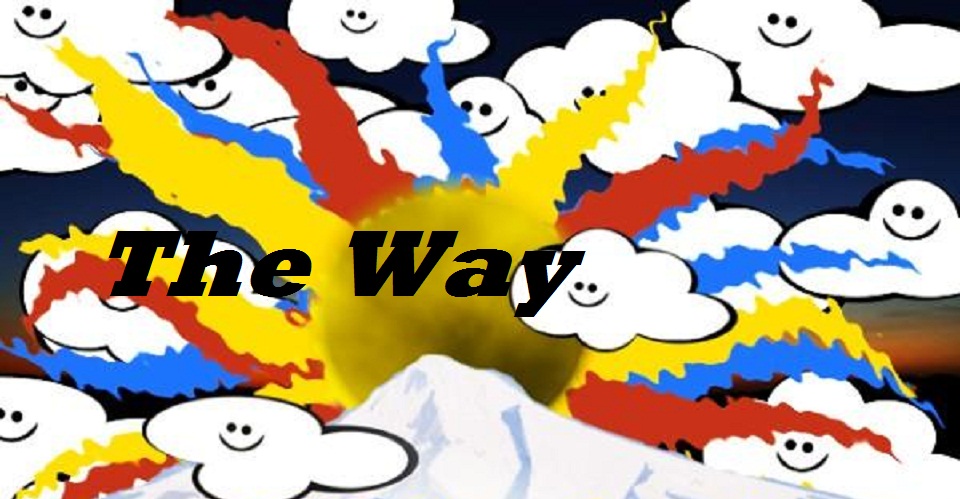Memphis pop/rock combo known as Big Star recorded three records in the early 1970s that have gone on to garner an almost unprecedented amount of acclaim for a rock act that never had a hit or whose records barely made it in to the stores. Critics have rhapsodized at length about the impact that this group has had on 80s and 90s Alt-Rock and note their influences on several groups that laid the foundation for modern day indie rock. In fact, there is so much that's been said about this group that its essentially pointless to even attempt to add to the conversation. But nevertheless its still amazes me to this day to hear Alex Chilton and company basically predict the future of rock music on those first two Big Star records.
1972's #1 Record found the Chilton/Bell era Big Star borrowing extensively from mid 60s heavyweight groups, the muscular guitar rock of Who and the air-tight harmonies of the Byrds in particular, while bringing an entirely contemporary studio sound of their own. For guys who are barely in their twenties and a producer who had barely ever made a record before in John Fry, its astonishing to hear just how good this record sounds, especially in comparison to early 70s rock giants. For example, compare the sound on #1 Record to Black Sabbath's Vol. 4 which came out later that same year. Sabbath recorded on a massive budget on Warner Brothers at major studios in LA and London and the guitars and drums have none of the clarity and depth that Big Star's did, which was recorded at Memphis indie label's Ardent Studios. Comparing Big Star to a metal group not a fair comparison you say? Well then let's compare their sound to fellow power pop-ers The Raspberries '72 record Fresh recorded at Abbey Road and released on Capitol Records. Sure its a great album, but it pales in comparison to the polish and shimmer of Big Star in sound and in content.
#1's songs swing wildly from heavy '50s inspired riff-rock, to sparse folk-pop ballads, to gorgeous mid-tempo guitar workouts all swiftly and seamlessly. Its a short album but it feels whole and complete and can readily withstand repeated listening (it sure has in my case). Founder Chris Bell supplies the majority of the heavier moments while providing beautiful washes of phased guitar over Chilton's more jangly numbers. Alex Chilton doesn't quite flex his guitar muscles like he will do on the following record but his songs stand out as melodically and lyrically superior with his sharp, high tenor vocal.
Critics praised the album unanimously upon its release but ineptitude on the part of soul-oriented Stax Record's ability to market a guitar-rock album prevented most pressings of the album from reaching stores. Sales figures aren't exact but the initial run of #1 Record is said to have sold somewhere between 5 and 10 thousand copies, exceedingly lower than expected despite it's singles receiving a fair amount of regional and national radio play. The group temporarily disbanded just months after the album's spectacular commercial failure took its toll on the band's finances and personal relationships. Chris Bell's drug use and declining mental health led to several physical confrontations between Bell and his bandmates during aborted sessions for a second Big Star record. Bell eventually quit for good in late 1972, and the band broke up shortly after. However, they reformed as a three piece led by Chilton for a one-off gig at a national conference of rock critics in Memphis. The show was so we'll received that they decided to give a second record another shot and began recording again back at Ardent Studios.
Their second album was released as Radio City in 1974 and once again critics were raving. With Chilton firmly at the helm, the album struck a perfect balance of pop sweetness and finely textured guitar workouts. No longer sharing the spotlight with Chris Bell, Chilton's complex and funky guitar patterns were shown in full force with an almost nonstop barrage of interweaving riffs and grooves. No where is this more evident than on the opening track 'O My Soul' where Chilton and drummer Jody Stephens lock in to a fiery funk rhythm with perhaps Chilton's most exhilarating vocal performance. This is truly a 'guitar player's' record with Chilton's sparkling Fender Strat dominating the mix. Jody Stephen's powerful drumming is excellent as well. Radio City also contains perhaps the most well known Big Star track 'September Gurls', its the closest thing the band ever had to a hit single and it could have certainly been a big seller.
Remember what I said about the first album's distribution problems? Well, its the same situation with Radio City except worse. Columbia had recently acquired the distribution rights to Stax but right around the time of Radio City's release contract talks stalled and Columbia refused to distribute Stax products so the album never even made it to the stores. Bassist Andy Hummel quit, Chilton and Stephens hung around for a few more months and recorded tracks that would be used for their third release which appeared unfinished as Third in 1978 after new interest in Big Star had arisen overseas. Later in 1978, Chris Bell dies shortly after releasing a single recorded with Geoff Emerick in London with the b-side written and performed with Alex Chilton. Chilton began drinking heavily and continued to release wildly eccentric solo records until his death in 2010.
-Casey

